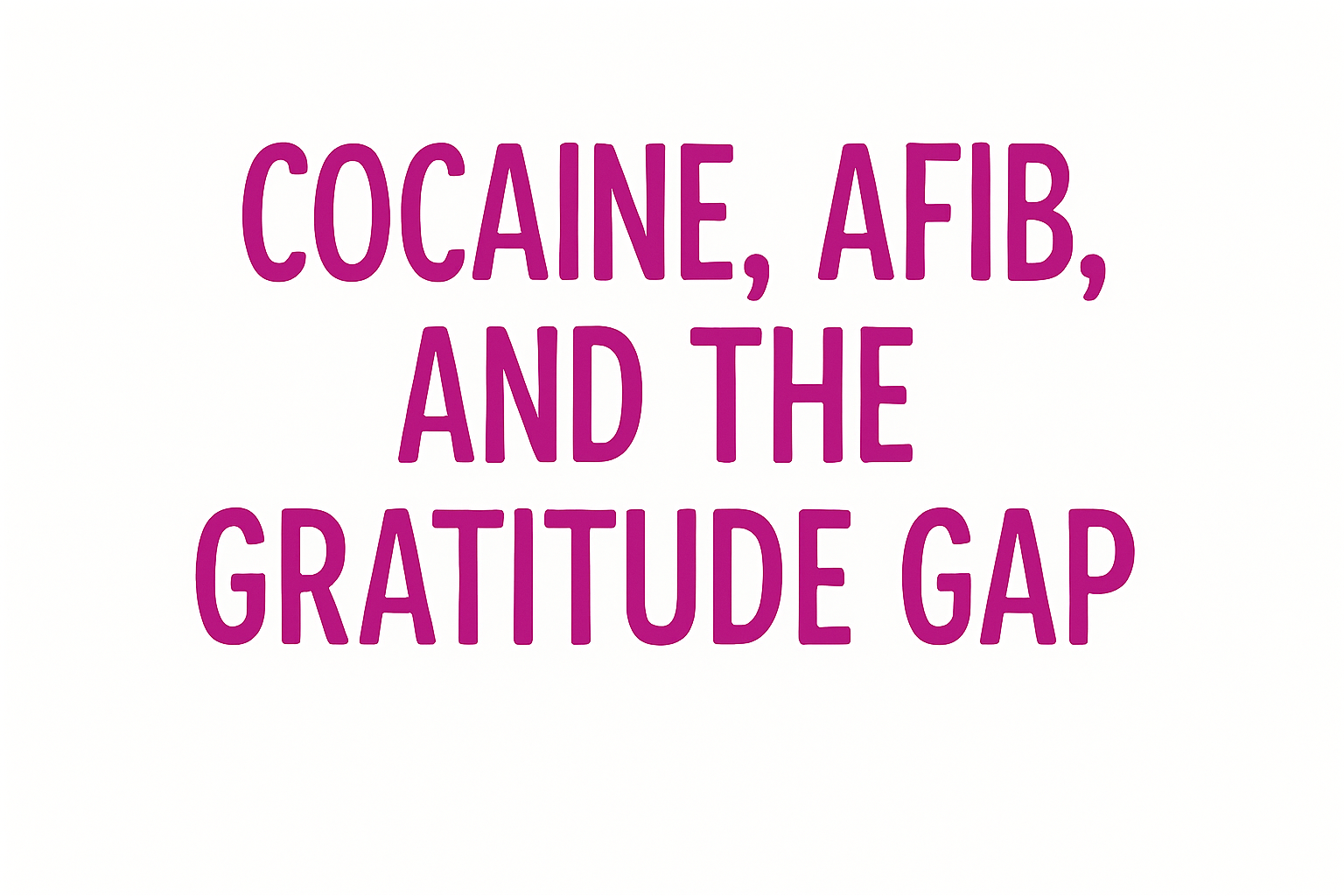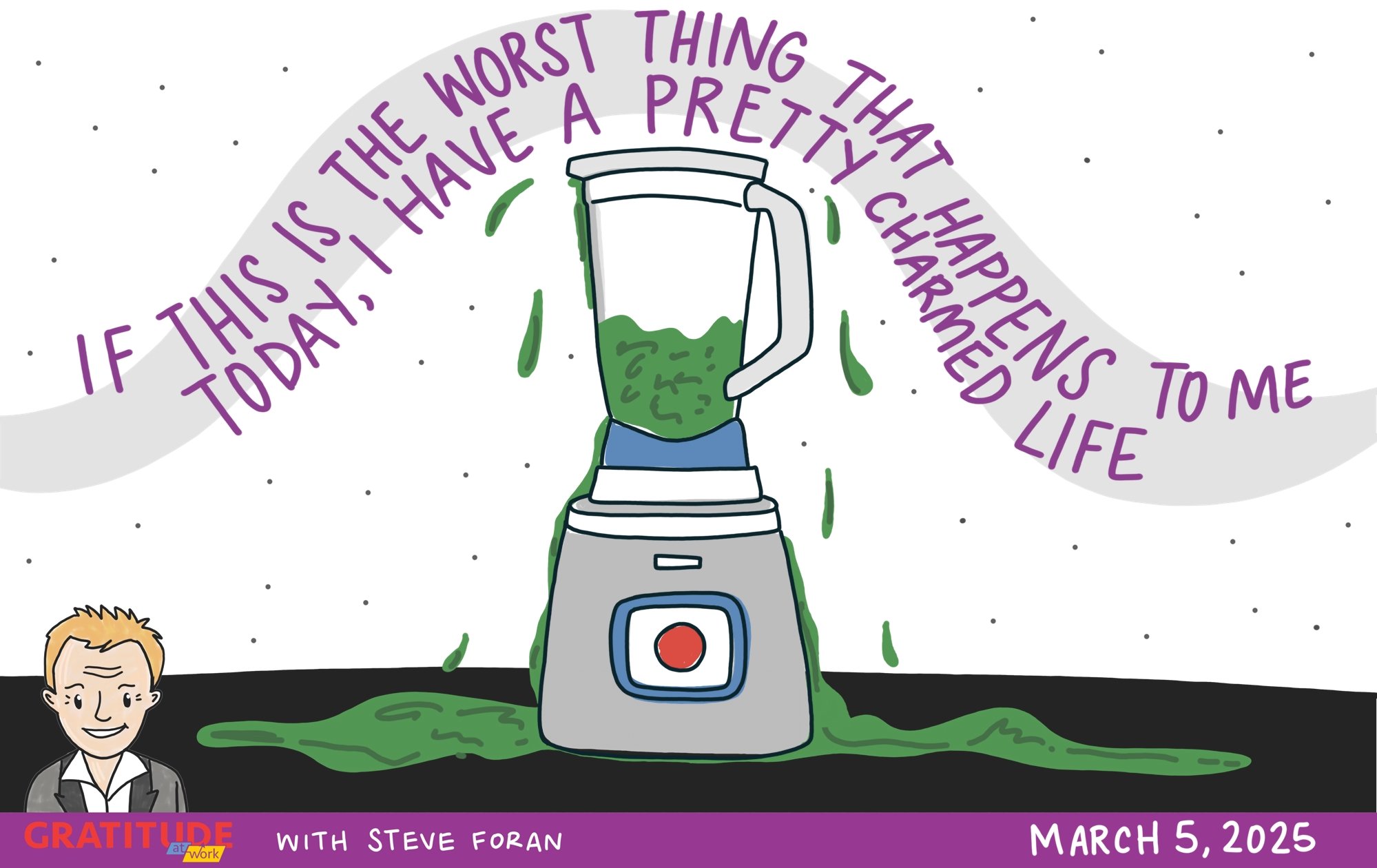The Beauty of Failure

Over the last 4 years I’ve had close to a dozen clients complete a certification program geared to being an effective corporate director. Without exception, everyone has raved about the program.
A couple weeks back, two clients who were part of the most recent cohort were talking and one says, "Did you hear about the final results ? A couple people failed the oral test (this is where candidates are assessed on their performance in a mock board meeting)." The other said, "I heard. I can’t believe it. That’s not good."
This was my cue to jump in.
"Really ? I think it’s a good thing someone failed. You’ve invested a lot of time, energy and effort into this program. What value is the certification if no one ever fails ? I feel for the folks who failed, but don’t you think the program is more valuable if certification isn’t just a rubber-stamp process ?"
One said, "You’re right, if all you have to do is write a cheque, then what value would be in adding the letters after my name ?"
I have several certifications and there are two in particular, one in engineering and one in speaking, for which I am very proud. The road to each was difficult and full of uncertainty. At the time, I wished for easier circumstances but I am immensely grateful the process was challenging.
So for you, the next time you find yourself wishing your situation was easier, other than a few exceptions noted below, it’s time to stop and be grateful for what is.
Yes, we need to recognize there are exceptions to this advice. For example, you may be experiencing unrelenting health challenges, exploitation, or the like. If this is your case, then shift the gratitude ever so slightly by asking yourself what you’re grateful for in the situation. In your answer you'll find the good that surrounds you amidst the difficulties you face.
Get our Keeping Level blog delivered to your inbox as soon as it’s released every second Wednesday.






























